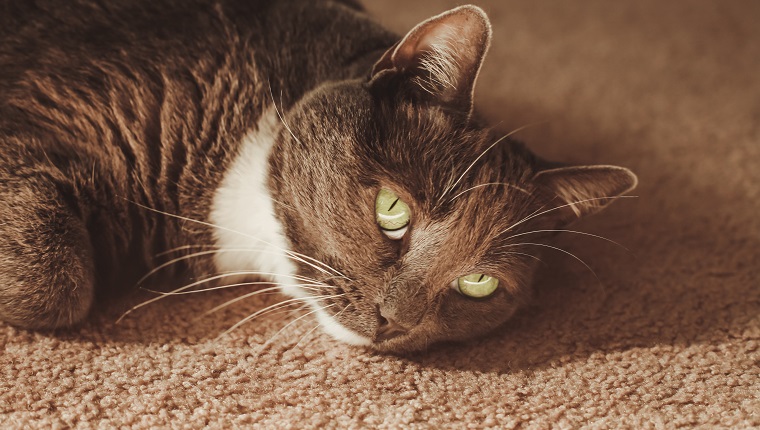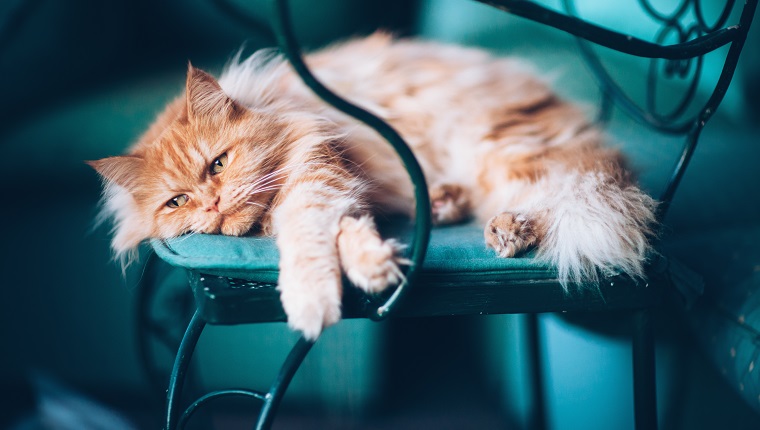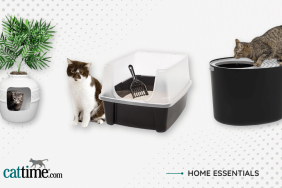Depression in cats is a condition that can be brought on by changes in lifestyle and environment.
Just like humans, when cats become depressed, their behavior might change, and they could become withdrawn and lose interest in activities they used to enjoy doing.
If you see the signs of depression in your cat, then you must get to a veterinarian for a proper diagnosis and treatment. Here’s what you should know about the symptoms, causes, and treatments for depression in cats.
Symptoms Of Depression In Cats
Symptoms of depression in cats can present themselves in a number of ways, but they often involve the cat retreating from their usual behavior and daily routine.
Some of the common symptoms include:
- Losing their appetite
- General lethargy and being withdrawn
- Sleeping more
- Losing weight
- Disinterest in play
- Stopping grooming themselves
Causes Of Depression In Cats

The cause of depression in cats isn’t totally known, but the condition often comes about after sudden changes take place in the cat’s environment and routine.
Some of the most likely causes include:
- Changes to their environment, like a litter box getting moved
- A new person or a new animal entering the home
- Noise or construction in the home
- Moving to a new home
Treatments For Depression In Cats
If your veterinarian suspects your cat is suffering from depression, they’ll first perform a full physical examination. This is to rule out any other medical conditions.
Your vet will also ask about your cat’s symptoms and any lifestyle or environmental changes that might have taken place recently.
In some cases, vets might prescribe a form of anti-anxiety medication to help treat cats. As ever, if your vet prescribes medication for your cat, make sure to complete the full course and strictly adhere to the correct dosage.
In other cases, vets might also suggest making a few lifestyle or environment changes. This could include spending more play and grooming time with your cat or altering their food to a more satisfying meal.
Vets also often advise adhering to a very strict routine in terms of your own work and leisure patterns, as cats generally do not feel calm and comfortable when abrupt changes or surprises take place in their world.
Have you ever thought your cat might be suffering from depression? What advice did your vet give you? Let us know in the comments section below!









